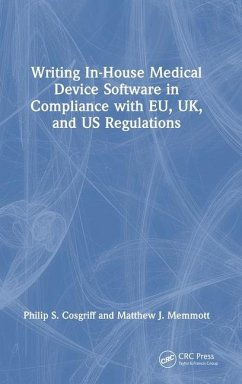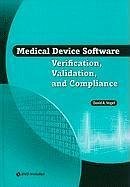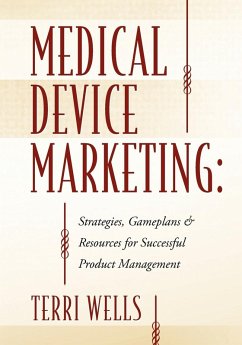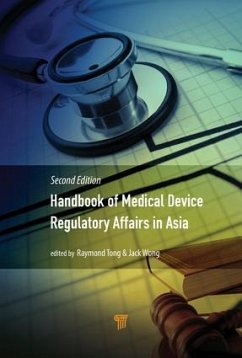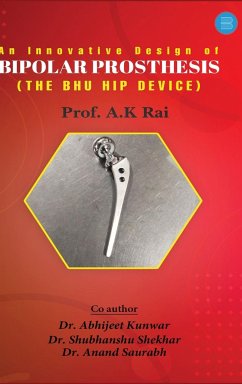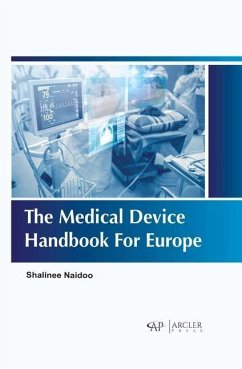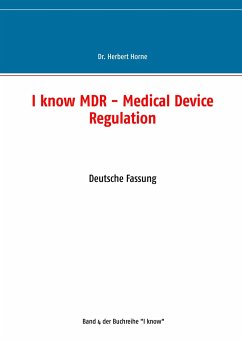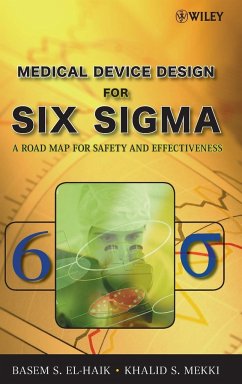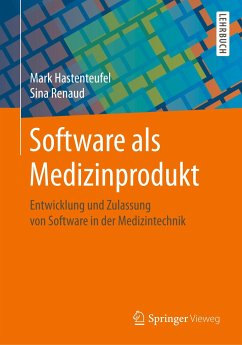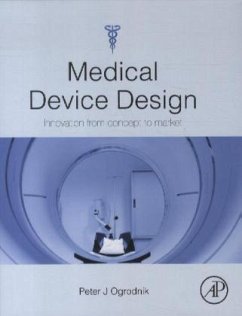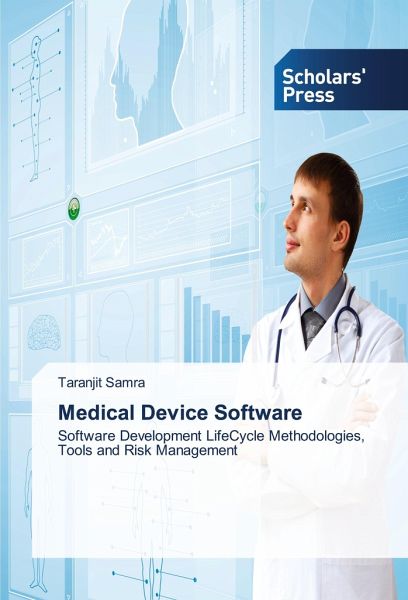
Medical Device Software
Software Development LifeCycle Methodologies, Tools and Risk Management
Versandkostenfrei!
Versandfertig in 6-10 Tagen
39,99 €
inkl. MwSt.

PAYBACK Punkte
20 °P sammeln!
Medical devices today rely extensively on software for a wide variety of functions, but software integration brings unique challenges in safety-critical medical applications. To equip device manufacturers with software-focused product lifecycle framework, this study explores three areas: software development methodologies, risk management practices, and software development tools. The research identifies that the two most common software development methodologies currently used in the medical device industry are the traditional Waterfall, and the more recent Agile/Scrum method whose customizat...
Medical devices today rely extensively on software for a wide variety of functions, but software integration brings unique challenges in safety-critical medical applications. To equip device manufacturers with software-focused product lifecycle framework, this study explores three areas: software development methodologies, risk management practices, and software development tools. The research identifies that the two most common software development methodologies currently used in the medical device industry are the traditional Waterfall, and the more recent Agile/Scrum method whose customizations are discussed for the regulated environment. Some of the risk management best practices include risk-based software development approach of IEC 62304, Human Factors Engineering (HFE) methods, assurance cases and FMEA tool. A software lifecycle framework is proposed by integrating risk management practices into the modified Agile/Scrum methodology. The tools for software development suchas requirements, configuration, build, test and defect management, and those for Application Lifecycle Management (ALM), are explored to suggest ways in which to automate this framework.



